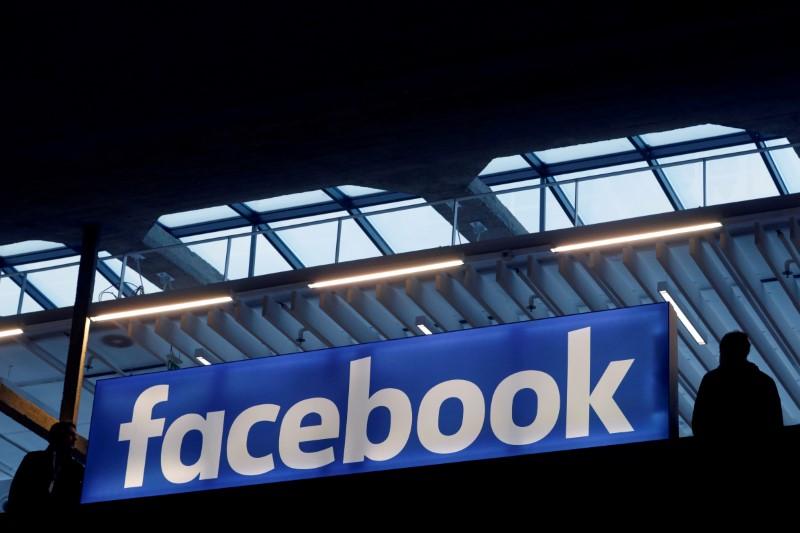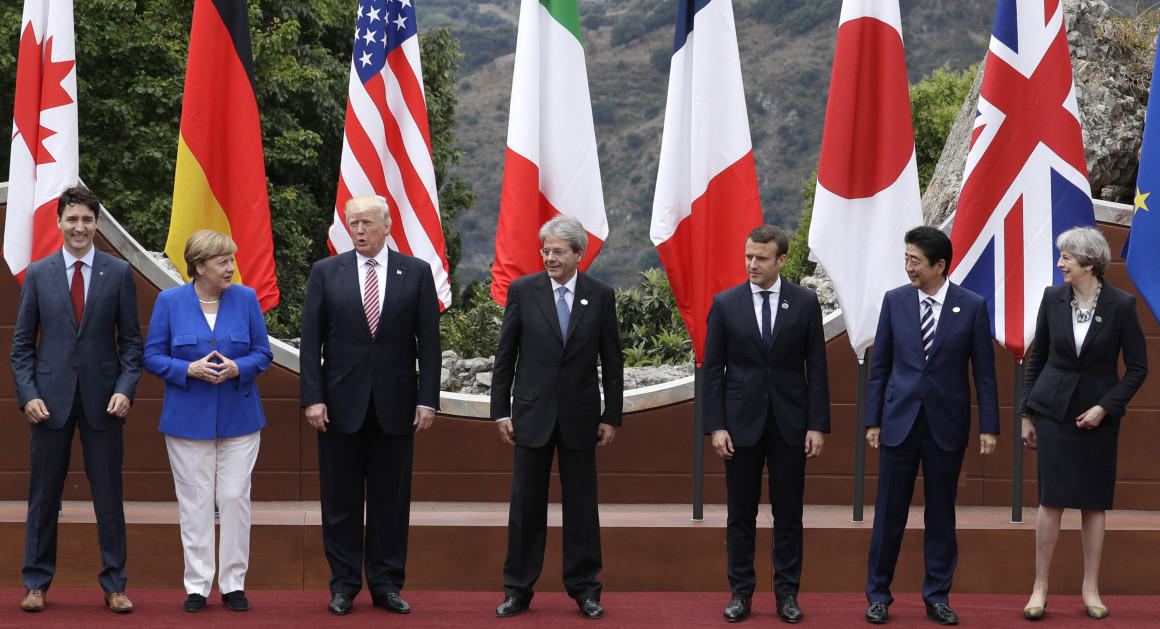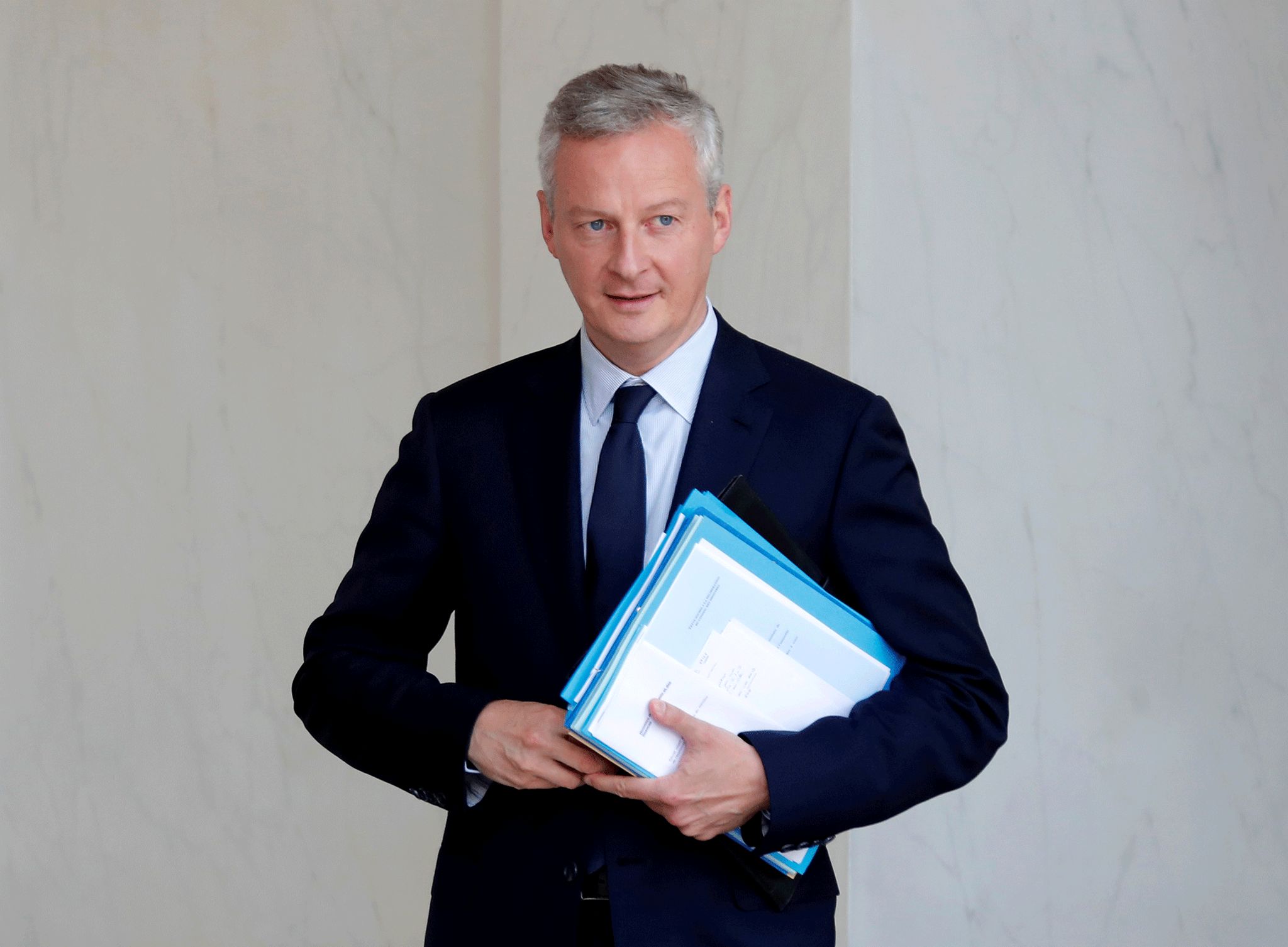CAIRO - 14 August 2019: In a step that may change the future of the economy and circulated currencies around the world, social media giant Facebook blew the cryptocurrency world by announcing its intention to launch a new cryptocurrency called Libra. Libra is set to be launched next year alongside the underlying blockchain-based network that will support it.
Given Facebook’s positioning as a platform used by billions of people, this step would make it easier for people to know more about cryptocurrency and be motivated to use it. If the move succeeds, it will mark the beginning of a new economic era. But Libra has also raised controversy and fears in global financial circles, as some saw it as a risk not only to banknotes, but also to national security, monetary policies and privacy.
With more than 2.5 billion users from around the world, Facebook would succeed in spreading the knowledge and the use of cryptocurrency, which previously hadn’t received global acknowledgment or support.
Cryptocurrency
CoinTelegraph defines cryptocurrency as an asset used as a means of exchanging. It is considered reliable because it is based on cryptography. Cryptocurrencies use Blockchain and a decentralized ledger, which means that no supervisory authority controls all the network’s actions, coming at the expense of all the users.
According to CoinTelegraph, one of the cryptography’s primary objectives is communications and keeping them secure. It creates and analyzes the algorithms and protocols so no information is changed or interrupted during the conversation by third parties. “Cryptography is a mix of a large number of different sciences, with mathematics as the basic. It’s math that attaches the severity and reliability to algorithms and protocols,” the platform notes.
Facebook Inc.

Users would be allowed to use Libra as a payment tool for both online and offline services. However, the cryptocurrency will start transferring money between individuals in developing countries who lack access to traditional banks, Facebook announced.
According to the company’s executives, their end goal is to establish a mainstream cryptocurrency that would be as stable as the dollar, can be used to buy almost anything, and can support an entire range of financial products from loans to credit.
“It would make a scenario where there’s a run on the bank completely impossible, be- cause we are backed one-for-one,” head of the Facebook blockchain team David Marcus previously stated, adding that Libra will also be audited, an important step in an industry with limited transparency.
“To help instill trust in a new currency and gain widespread adoption during its infancy, it was guaranteed that a country’s notes could be traded in for real assets, such as gold,” according to the white paper issued.
With this virtual currency, Facebook seeks to create an ATM to convert regular currency to its new currency and vice versa, as well as to create platforms different from ordinary Face- book platforms.
According to Facebook, the new currency is linked to several global currencies and is backed by government assets. Facebook can also issue more when needed, protecting it beyond the volatility of traditional money markets, thereby encouraging the practice of e-commerce more widely depending on its services and promoting advertising on its plat- forms.
Libra is not only for users of the currency, but also for the 2.5 billion global Facebook users; the money is used through the Messenger platform and the Facebook-owned Whatsapp owned by the company, dealing with an electronic portfolio through which it can retain more currency.
Analysts and Experts
“Libra digital currency is a combination of the advantages of virtual currencies and paper currencies to reach the highest level of success. It differs from other virtual currencies that started after 2009 and revolutionized the digital currency, including the famed Bitcoin,” digital currency market analyst and general manager of UniPips Training and Financial Investments Ahmed Fahem says.
He points out that 28 international companies have thus far agreed to use Libra, the most prominent of which are PayPal, Master- Card, Uber, Spotivay, Visa, eBay, Booking and Coinbase, refusing to call it Facebook’s currency “because Facebook [merely] the advertiser for launching it as it targets its 2.5 billion people around the world.”
He explains that the problem with digital currencies is the “decentralization” which is an advantage and disadvantage at the same time, pointing out that the traditional central currencies have a center that we can refer to, deal with and trade through. As for “decentralized” currencies, we can trade them with speed and flexibility and without any watchfulness, which threatens national security, he argues.
Fahem elaborates that Libra is a “semi-central currency” which means it avoids the disadvantages of banknotes and digital currencies while combining the advantages of each, explaining that is more reassuring as it will have a center and reference, with companies using each with a fixed asset and share.
Co-founder of US market research firm Market Trader Ahmed Abdu confirms that Libra will change people’s relationship with money because digital currencies are not considered central currencies and do not depend on a specific destination.
“This is the new economy, the decentralized economy. We will exchange value as easily and quickly as exchanging mes- sages and information from anywhere in the world. Should Libra succeed, it will be the largest economic currency in the world, because all Facebook users will trade in their daily lives and this is the value you will enjoy,” Abdu states.
He further explains that the rise and fall is a key feature in markets, especially technology markets, and it is possible for a person to lose in speculations or investment in the virtual currency even if he/she has a correct view and the right decision.
Abdu further notes that Libra needs to be studied and accepted by the regulatory bodies of this technology, particularly at a time when the technological climate is growing and be- coming more attractive every day in the world.
On another side, economic expert and representative of the Economic Committee in the House of Representatives Bassent Fahmy tells local media that the use of virtual currencies, whatever their name or type or source is a serious risk to users, pointing out how it applies to Facebook-launched because Facebook users are one-third of the world’s population, most of whom do not know how to deal with these virtual currencies in their daily lives. “I do not believe in virtual currencies and I am not one of its supporters,” she said. “Monetary currencies will remain as they are, even if virtual currencies succeed because banknotes are safe and virtual currencies are unsecured.”
Agreeing with Fahmy, Deputy Head of the Exchange Division Ali Al-Hariri explains that virtual currencies are unsecured and unsafe, wondering how some believe these virtual cur- rencies are secure to deal with.
Governments and politicians
In response to Facebook’s announcement, G7 finance ministers and central bankers said that digital currencies such as Facebook’s planned Libra raise serious concerns and must be regulated as tightly as possible to ensure they do not upset the global financial system.
The G7 group consists of Canada, France, Germany, Italy, Japan, the United Kingdom, and the United States. These countries, with the seven largest IMF-described advanced economies in the world, represent 58% of global net wealth.

The G7 expressed their concern that Face- book’s ambitions for a digital currency might not only weaken their control over monetary and banking policies, but also pose security risks.
France’s Minister of Finance Bruno Le Maire said at a news conference in July that the group opposed the idea that companies could have the same privilege as nations in creating a means of payment, but without the control and obligations that go with it. “We cannot accept private companies issuing their own currencies without democratic control,” Le Maire said.

France’s Minister of Finance Bruno Le Maire
According to Le Maire, the ministers and governors had agreed that “Stable coins and other various new products currently being developed, including projects with global and potentially systemic footprint such as Libra, raise serious regulatory and systemic concerns.”
Moreover, Japan plans to step up discussions on regulating and overseeing the project, potentially offering faster and cheaper remittances. A new group launched by the Financial Services Agency, the Bank of Japan and the Finance Ministry is leading the talks, with senior Japanese officials suggesting it includes other authorities given the significant challenges posed by the social media giant’s latest plans.
In Egypt, the Central Bank of Egypt (CBE) said it had sent a letter to all banks to take the necessary measures to stop all payments for purchasing encrypted virtual currencies.
The CBE added in its annual report for the fiscal year 2017/18, posted on its website, that a list of the most common sites used in trading or modulating encrypted virtual currencies was prepared in cooperation with Egypt’s Anti- Money Laundering and Terrorism Financing Unit.
It added that the implementation of the study’s recommendations on virtual currencies encrypted with the implementing entities is being followed, taking into account the negative side effects of the recommendations.
Amid arguments popping up regarding the safety of virtual currencies or how Libra would influence the future of such currencies, all we can do is wait to see how people and Facebook users will respond to Libra.



Comments
Leave a Comment